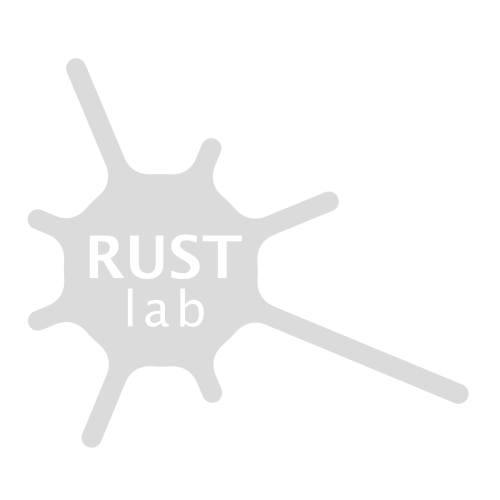Join us this Thursday, October 12th, from 16-18 hrs (German time) for the first RUSTLab lecture of this winter term. Nancy Mauro-Flude will present her work on “Thinking with Shells: Decolonising of Digital Culturescapes through Codework”.
This talk intends to intervene in contemporary digital culture and heritage practices to describe how increasing reliance on “Big Tech” platforms compels the public to participate in “microelectronic transnationalism” (Spivak, 2012, p. 62), which comes with oblique ecological costs. As an alternative, I consider the intricate literacies of code work that support the foundations of digital ecologies. I draw inspiration from the place-based informal economies of seashell stringing in lutruwita/Tasmania. By exploring context-based hands-on forms of knowledge transmission, I examine the resonances and dissonances that arise when applying stringing models to code work with computational materialities. Exploring shell practices, including their dynamic formal structure, cultural significance, maintenance methods and collection contexts, I highlight their capacity for transformative decolonial processes that further enable new forms of literacy that allow us to navigate challenging futures for digital heritage. The findings reveal how holistic and self-determined forms of inheritance can reconfigure and transcend the limitations of dominant tech narratives.
Emphatically, my research seeks to emphasise how context-dependent processes with materialities can intersect with close readings of software studies and practices of computer culture. To consider the potential of a more holistic world emerging through the turbid and tendrilled realms of kelp, shell and seaweed. The lovingly hand-coding and thinking with shells are tacit instances of knowledge transmissions and texts intertwined, such as codes, fibres and strings. Taking guidance from the acumen of Indigenous knowledge systems the aim is to cultivate reciprocal awareness of communication in digital culture as part of our shared ecosystem. Stringing together ecological, cooperative, and feminist server peer-to-peer approaches to weave an intermediary fabric or “culturescape” (Greeno & Gough 2014, p. 109) of place-based cultural inheritance. To determine how the perpetuity of comprehensive Indigenous knowledge systems can pave the way for codesigned post-patriarchal technological futures (Mauro-Flude & Akama 2022).
I echo feminist media theorist Raka Shome’s call to explore “South to South media relations…outside of logics of Western liberalism” (2017, p.70) to talk back to imperial heritage paradigms that imply “what constitutes the centre in relation to which other customs are peripheral” (Herzfeld, 2004, p.322). As such, I draw from postcolonial feminist maven Gayatri Spivak’s exploration of “fault lines” in colonial projections while “look[ing] forward to a future anterior of achieved solidarity” (2012, p. 72) In doing so, this chapter aims to deliver a tangible self-determined demesne of where Indigenous ways of knowing and doing can be forms of “disruptive innovation that is empowering and liberating when transferred to contemporary media” (Yunkaporta, 2020, p. 82). A core intention of this lecture is to transmute colonial geographies through a spiral force that destabilises hierarchies of knowledge and practices, reverberating along the lines of a nautilus shell.
Dr Nancy Mauro-Flude is a digital caretaker and critical media theorist raised and based in lutruwita/Tasmania. Her research seeks to advance a broader public understanding of the bio-socio-cultural dimensions of diverse feminist economies and ecologies of endurance. Her recent publications include The Thorny Conversation of Art and Economy (2023) Chicago; Computabilities Dancing (2023) Leonardo MIT; Writing the Feminist Internet (2021) Continuum; Performing with the Aether (2019) Routledge Handbook of Media Art. Currently, she is a researcher at the Digital Ethnography Research Centre in the College of Design and Social Context at RMIT University.
Location: on campus (Universitätsstr. 104, 2nd floor, 44799 Bochum) and Zoom
Zoom Link
PW: RUSTlab
You will find additional resources and information on this term’s guiding theme Best Futures here on our website.
